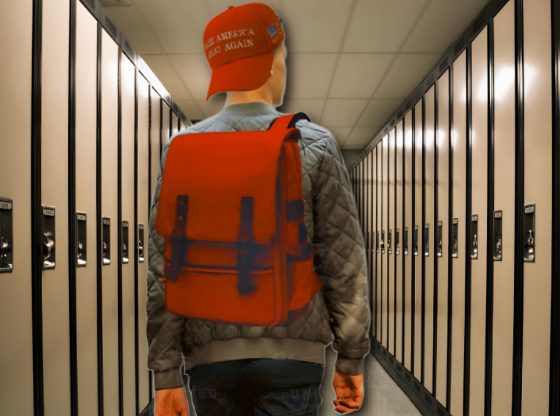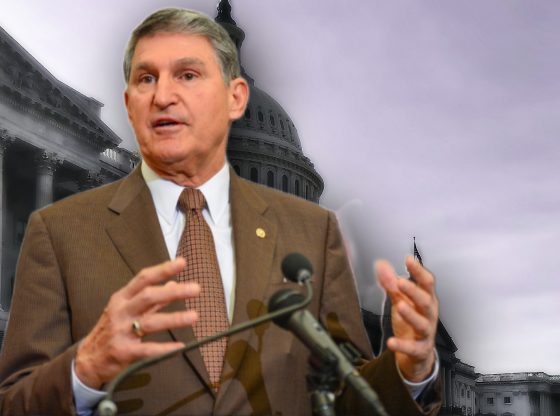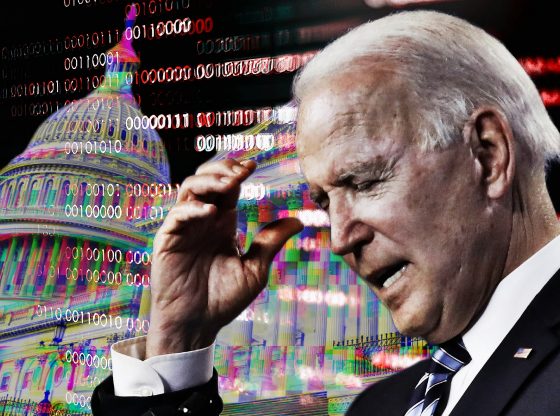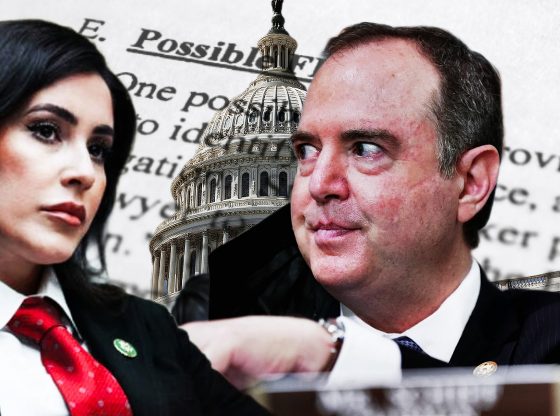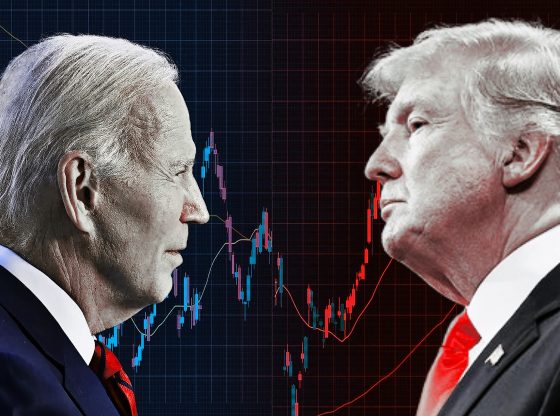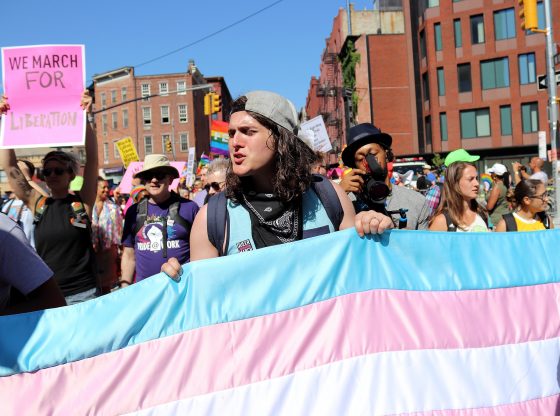Democrats knew they didn’t have the votes to remove President Donald Trump from office, but planned for impeachment hearings to motivate their base and expand their leads.
It may have completely backfired.
“That’s according to a new poll by The Associated Press-NORC Center for Public Affairs Research as Americans look ahead to a high-stakes election that is 10 months away but still very much top of mind,” the AP reports.
“On the verge of the first votes being cast in a primary contest with no clear leader, 66% of Democrats report anxiety about the election, compared with 46% of Republicans. Democrats are also more likely to feel frustration. Republicans, meanwhile, are more likely than Democrats to declare excitement about the race, and the share of enthusiastic Republicans appears to be rising,” the AP reports.
Some feel it favors Democrats.
“Since Trump was elected, Democrats have been particularly anxious about both the idea of disinformation and election interference in 2020 and what could happen in a second Trump term,” Anna Greenberg, a Democratic pollster, tells the AP. “There is no evidence that Democrats are any less enthusiastic about voting in 2020, and the results of the 2018 election would suggest that they are highly motivated to vote.”
Republican enthusiasm could also translate into complacency, as some feel Trump faces no threat.
“I am not nervous at all. I think Donald Trump will win it in a landslide,” Clinton Adams, a 39-year-old custodian in the Florida Panhandle, tells the AP.
But polling numbers show Democrats went into a slump after the impeachment vote.
In the generic national ballot for U.S. House, which is generally a good indicator of who will control Congress, Democrats have seen their lead shrink.
In the four weeks before the Dec. 18 impeachment vote Democrats led the generic ballot question by an average of 7.3 percent.
In the four weeks after, that lead fell to 6.2 percent.
Impeachment also hasn’t had the effect on Trump’s approval Democrats hopes.
At that same time, Trump’s approval rating went from a net -9.2 percent to -9.6 percent, which is statistically unchanged even after a month of attacks.

